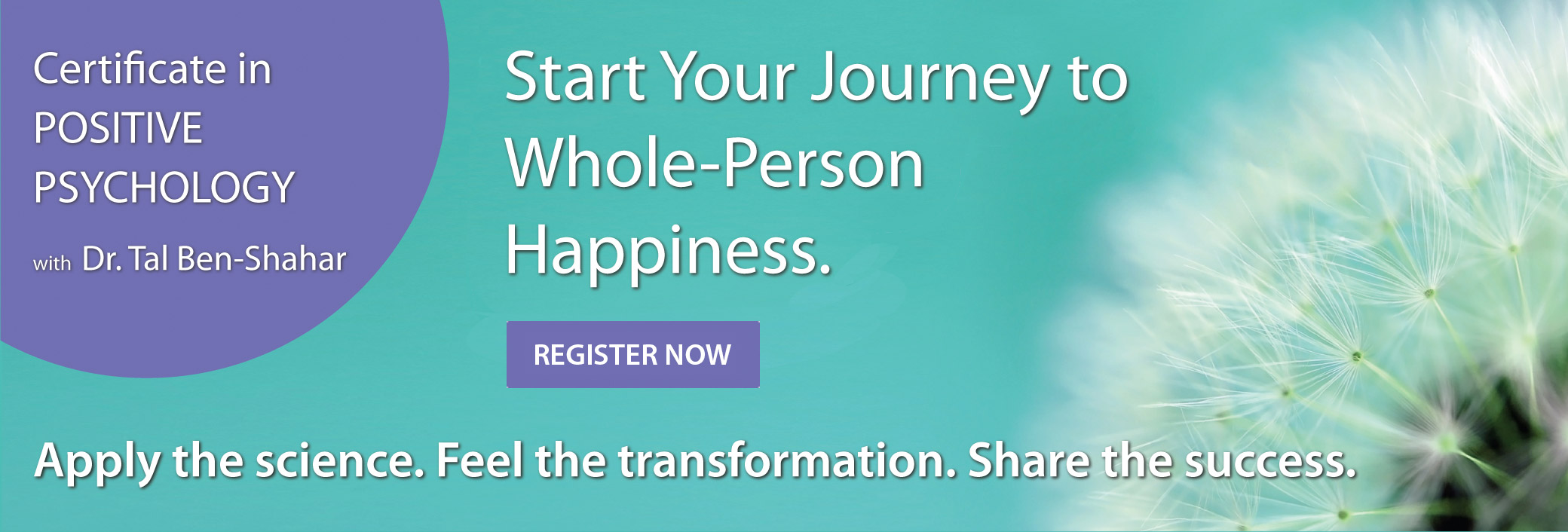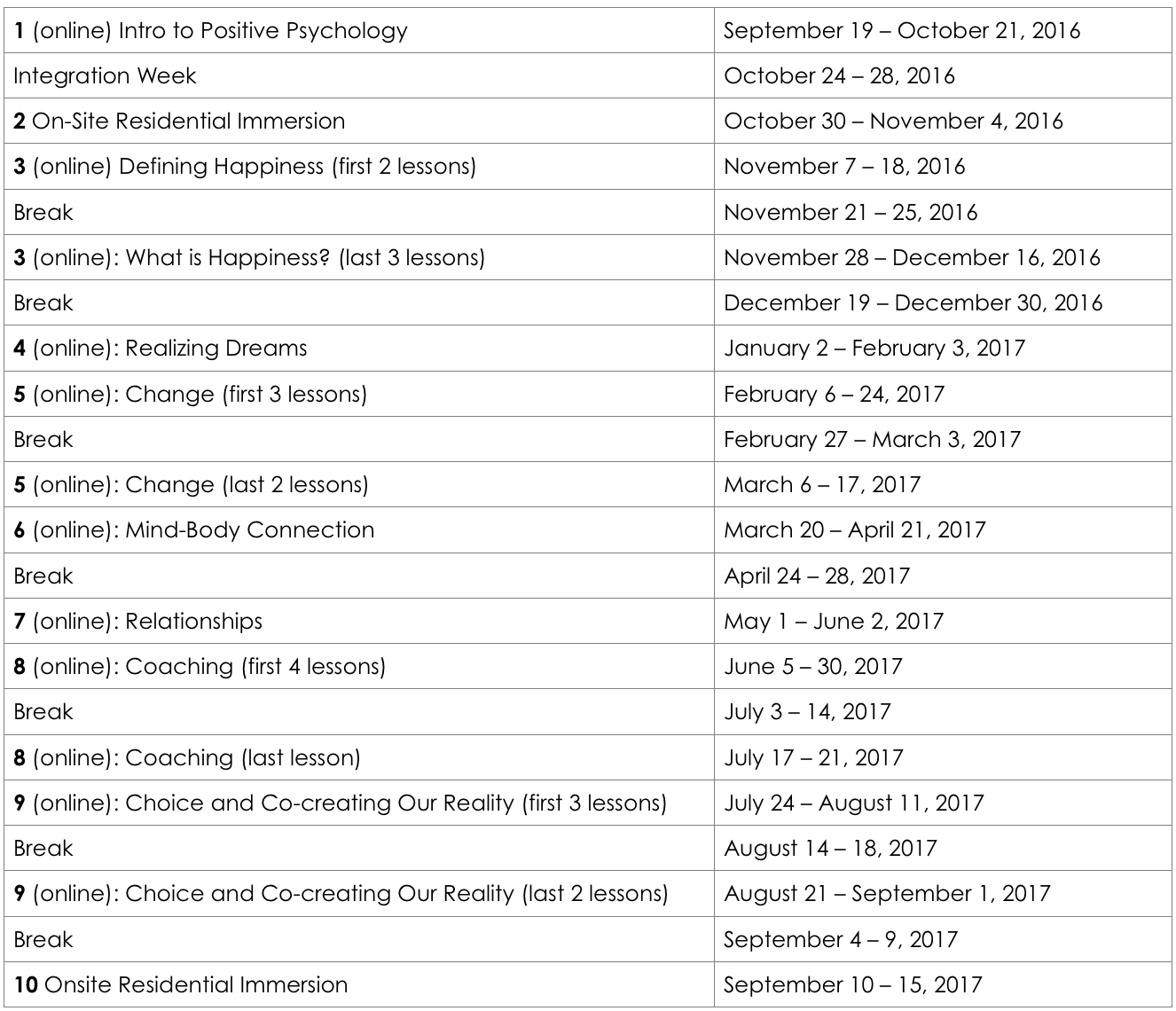Learn the Psychology of Realizing Your Dreams
A free 30-minute lecture with Dr. Tal Ben-Shahar
This is a small sample of the 40+ hours of video lessons you get in the Certificate in Wholebeing Positive Psychology program. Want more? Join us for the next course, starting soon!
Experience a Whole-Person Approach to
Positive Psychology and Optimal Well-Being
Positive Psychology is revolutionizing how we experience happiness. Research-based and heart-opening, the tools and practices of this cutting-edge science have infused the lives and careers of thousands of people around the world with greater joy and meaning. Engage brain, body, and heart with a powerful combination of intellectual rigor, authentic connection, and physical expression—and find out what it’s like to have an embodied experience of whole-person well-being.
In the year-long Certificate in Wholebeing Positive Psychology course, you’ll learn to
Bring about lasting change in yourself and in organizations
Create healthy personal and professional relationships
Build positive emotions and the resilience to deal with painful ones
Develop grounded optimism as you reach towards your ideal self.
The course uses the SPIRE methodology for whole-person happiness—a pioneering approach that considers all aspects of your life.

For coaches, leaders, teachers, health professionals, social workers, psychologists, and anyone who wants to make tomorrow a little bit better than today.
..Whether you want to improve your home life, better your workplace, grow personally or professionally, or start a new career, the Certificate in Positive Psychology offers you in-depth study, world-class faculty, and transformative experiences.
Online Modules that combine prerecorded video lectures, live question-and-answer sessions via video webinars with rotating core faculty; webinars with special guests focusing on the practice of positive psychology; reading assignments and homework; forum discussions and small-group work.
Two Virtual Immersions that bring together faculty and students from around the world for personal interaction, dynamic exercises, and a peaceful yet powerful gathering of community. Immersions are held virtually on March 4—March 8 and August 19— August 23
Ongoing Interaction with small groups of fellow students in an atmosphere of support and collaboration.
Continuing Education Credits are available. Learn more. Questions? Contact our help desk at [email protected]
Register Online
Program Outline
Course Flow
All Modules are online.
Core Faculty
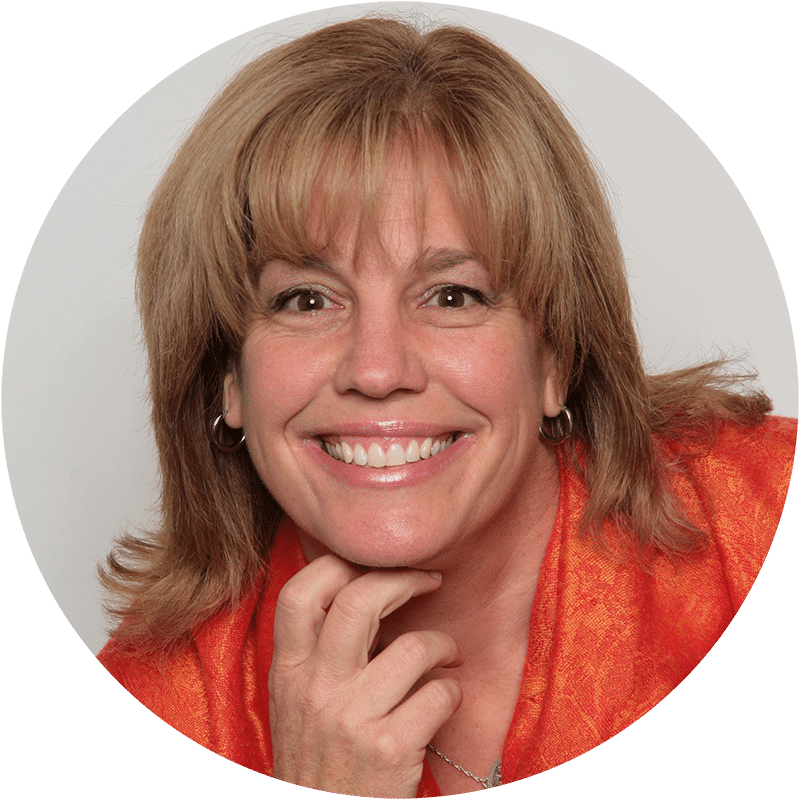
Megan McDonough, CEO and co-founder of Wholebeing Institute, is the award-winning author of Infinity in a Box, A Minute for Me, and Radically Receptive Meditation.
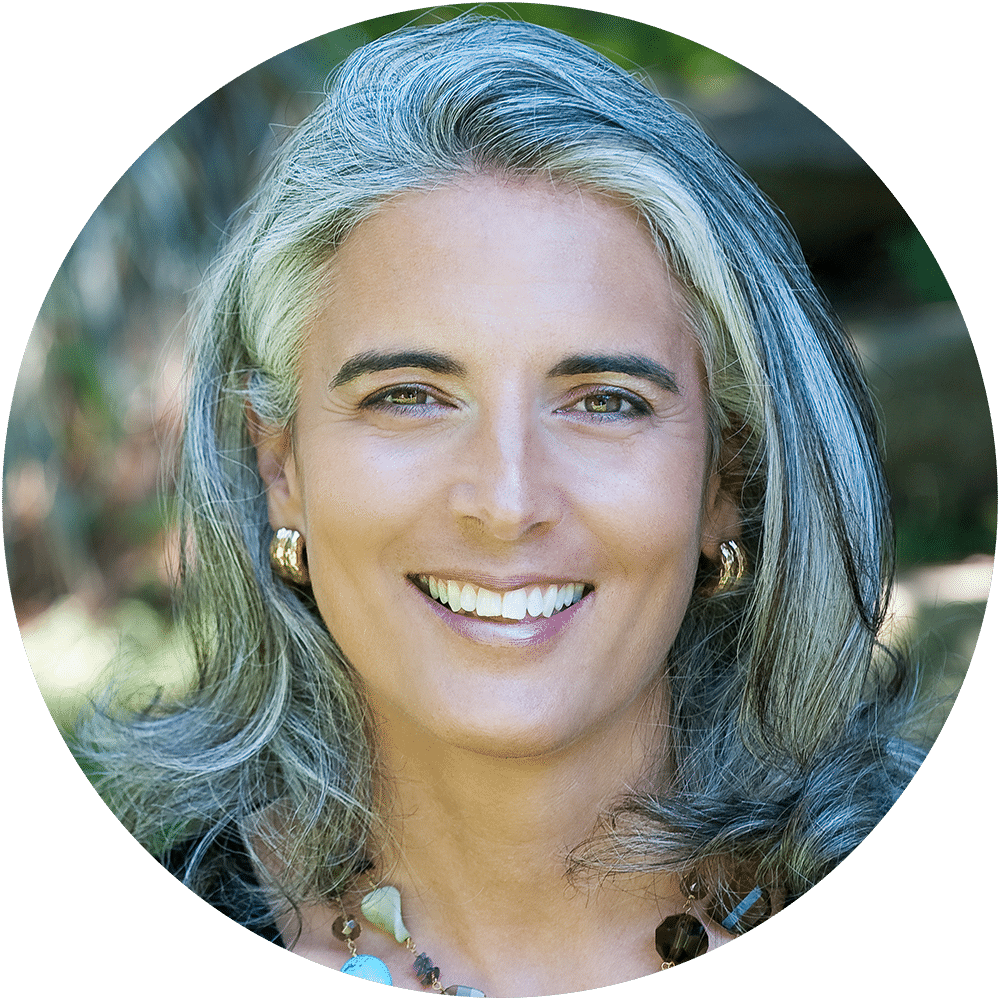
Maria Sirois, PsyD, has been teaching at the forefront of wellness, psychology, and spirituality for more than two decades. She’s the author of Every Day Counts and A Short Course in Happiness After Loss.
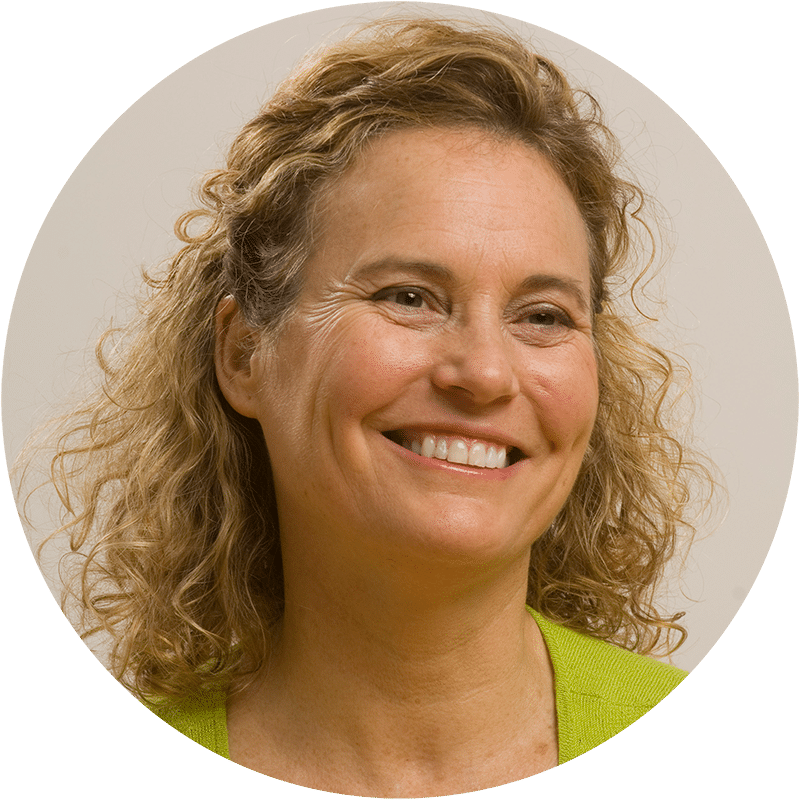
Megha Nancy Buttenheim, CiPP, is the founding director of Let Your Yoga Dance® LLC. She is a faculty member at Kripalu Center for Yoga & Health and at Nosara Yoga Institute in Costa Rica.
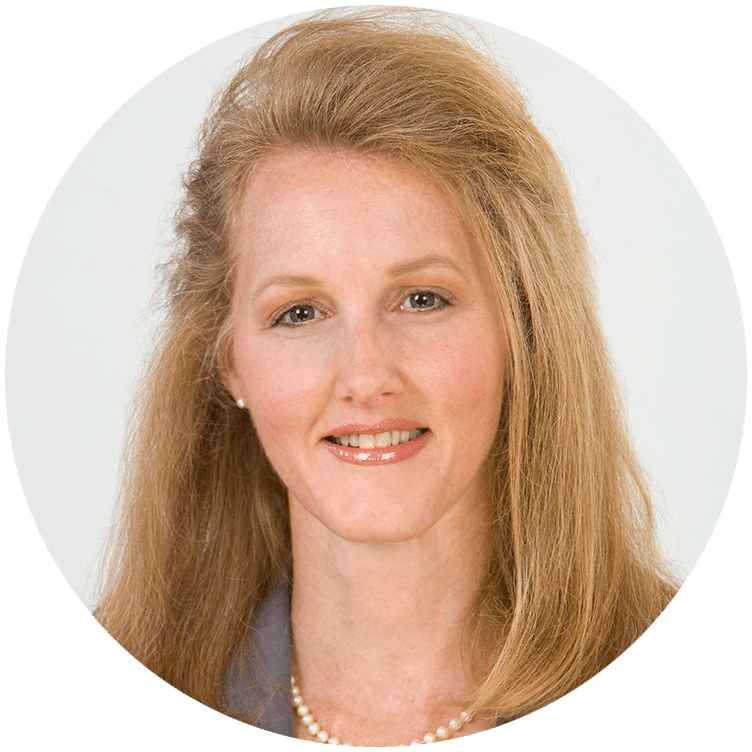
Phoebe Atkinson, CiPP, LiSW, delivers executive leadership programs and co-facilitates an ongoing program at Rutgers University Institute for Women’s Leadership.
Special Guest Faculty

Joan Borysenko, PhD
Pioneer in mind-body medicine
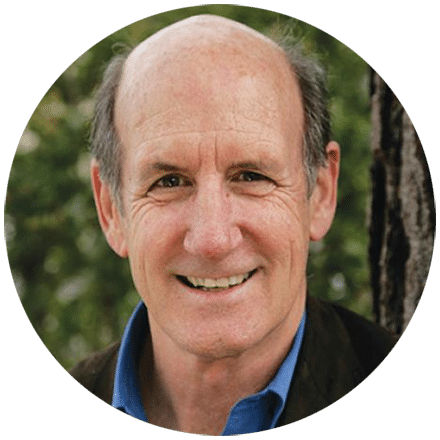
Richard Miller, PhD
Founder, Integrative Restoration Institute
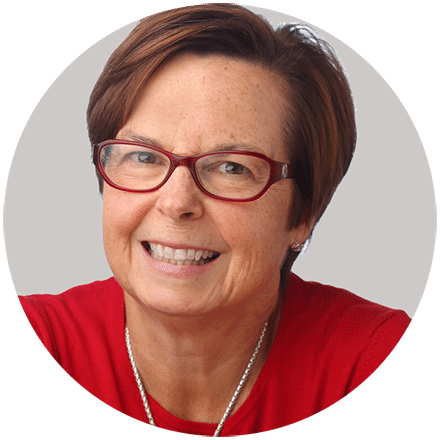
Lynda Wallace, CiPP
Best-selling author of A Short Course in Happiness
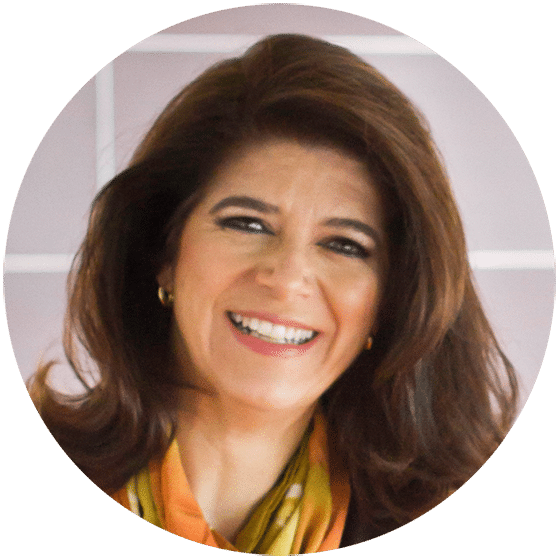
Margarita Tarragona, PhD
Author of Positive Identities: Positive Psychology and Narrative Practices
Register Online
See what —Megan McDonough, Dr. Maria Sirois, and Dr. Tal Ben- Shahar—have to say about the program
Registration Information
Tuition: $3,800
Register Online
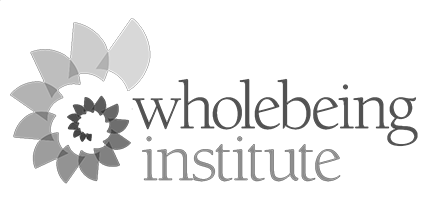
For more information contact [email protected]

